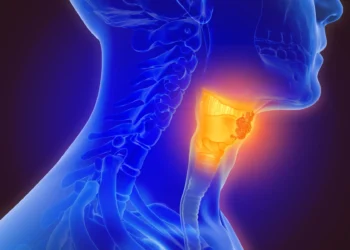Chili peppers are loved around the world for their fiery taste and the way they add excitement to meals. They are also known for health benefits such as boosting metabolism and providing antioxidants. However, when eaten too frequently in large amounts, chili can have some uncomfortable or even harmful effects on your body. Here are four things that can happen if you consume too much chili too often.
First, you may experience digestive discomfort. Chili contains capsaicin, the compound that gives it heat. While capsaicin in small doses may aid digestion, too much can irritate the stomach lining and lead to heartburn, acid reflux, or even gastritis over time. People with sensitive stomachs often feel burning sensations or cramps after eating very spicy foods repeatedly.
Second, frequent consumption of chili can affect your intestines. The same capsaicin that excites your taste buds can irritate your intestinal tract, sometimes causing diarrhea or a burning sensation during bowel movements. This happens because capsaicin speeds up the movement of food through your system, reducing water absorption.
Third, eating too much chili regularly may affect your mouth and taste sensitivity. Constant exposure to high spice levels can dull your taste buds temporarily, making it harder to enjoy milder flavors. In extreme cases, it may even cause mouth ulcers.
Lastly, excessive chili intake can impact sleep quality. Spicy foods raise your body temperature and can cause indigestion if eaten close to bedtime, making it harder to fall or stay asleep.
In short, while chili has many health perks, moderation is key. Enjoying it occasionally can spice up your life, but overindulging can leave your body struggling








